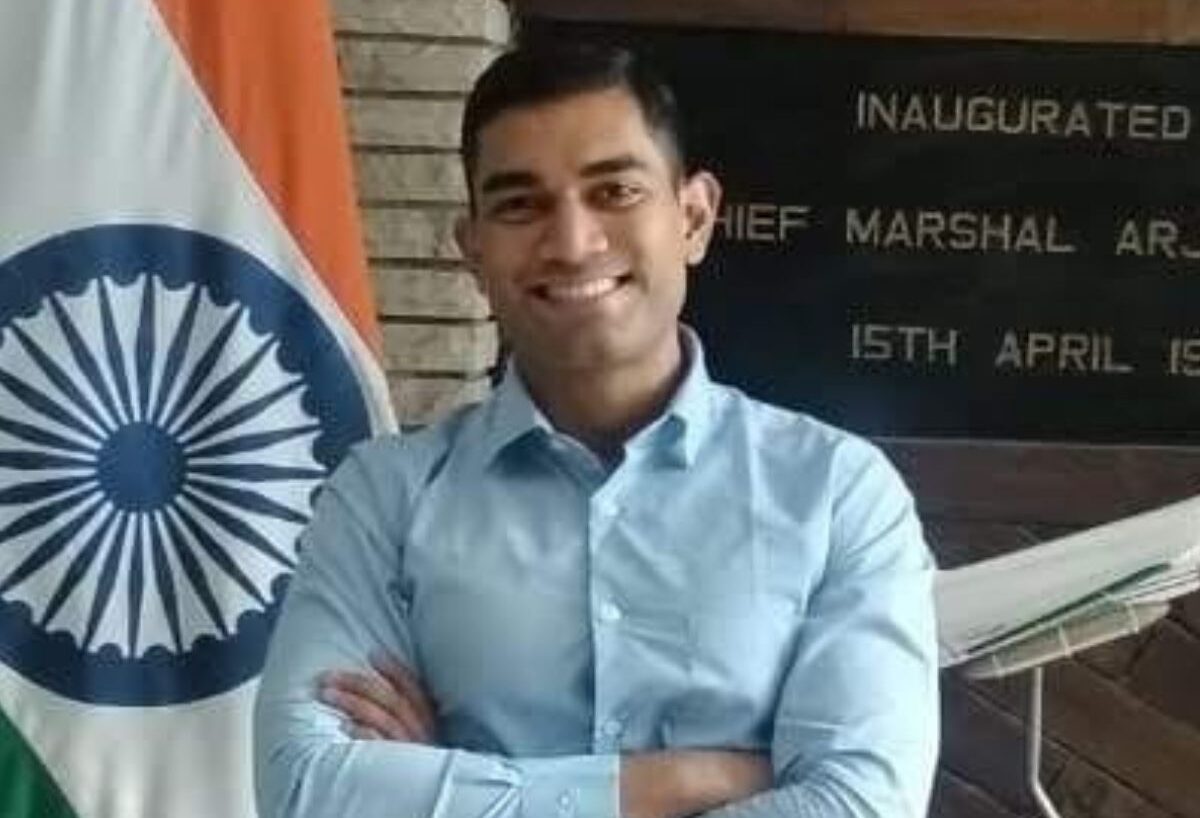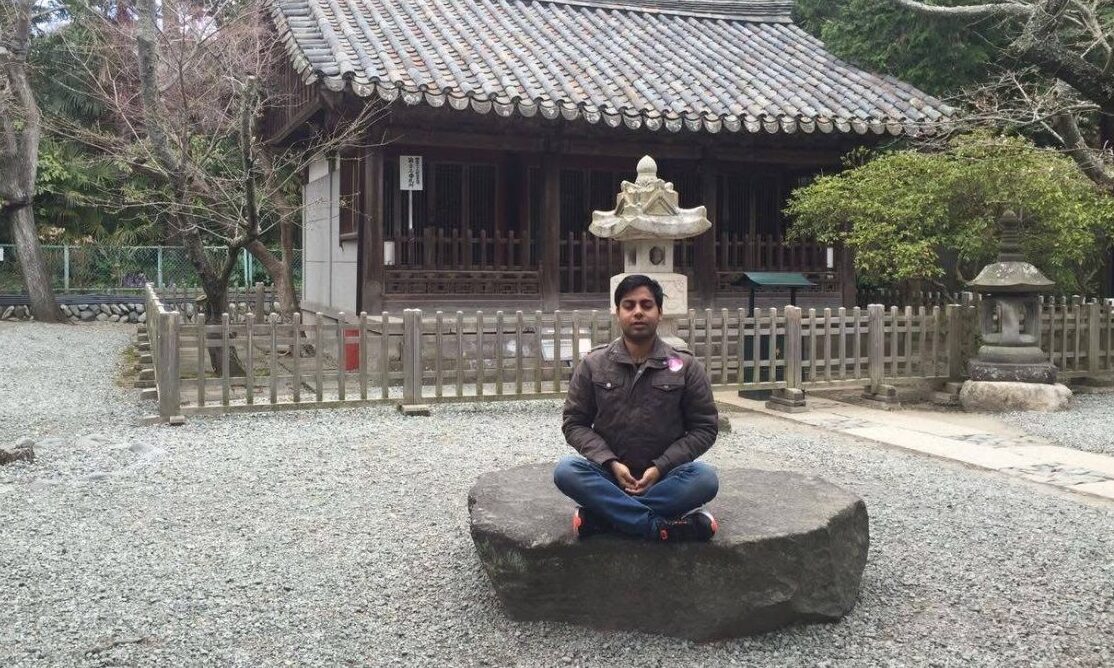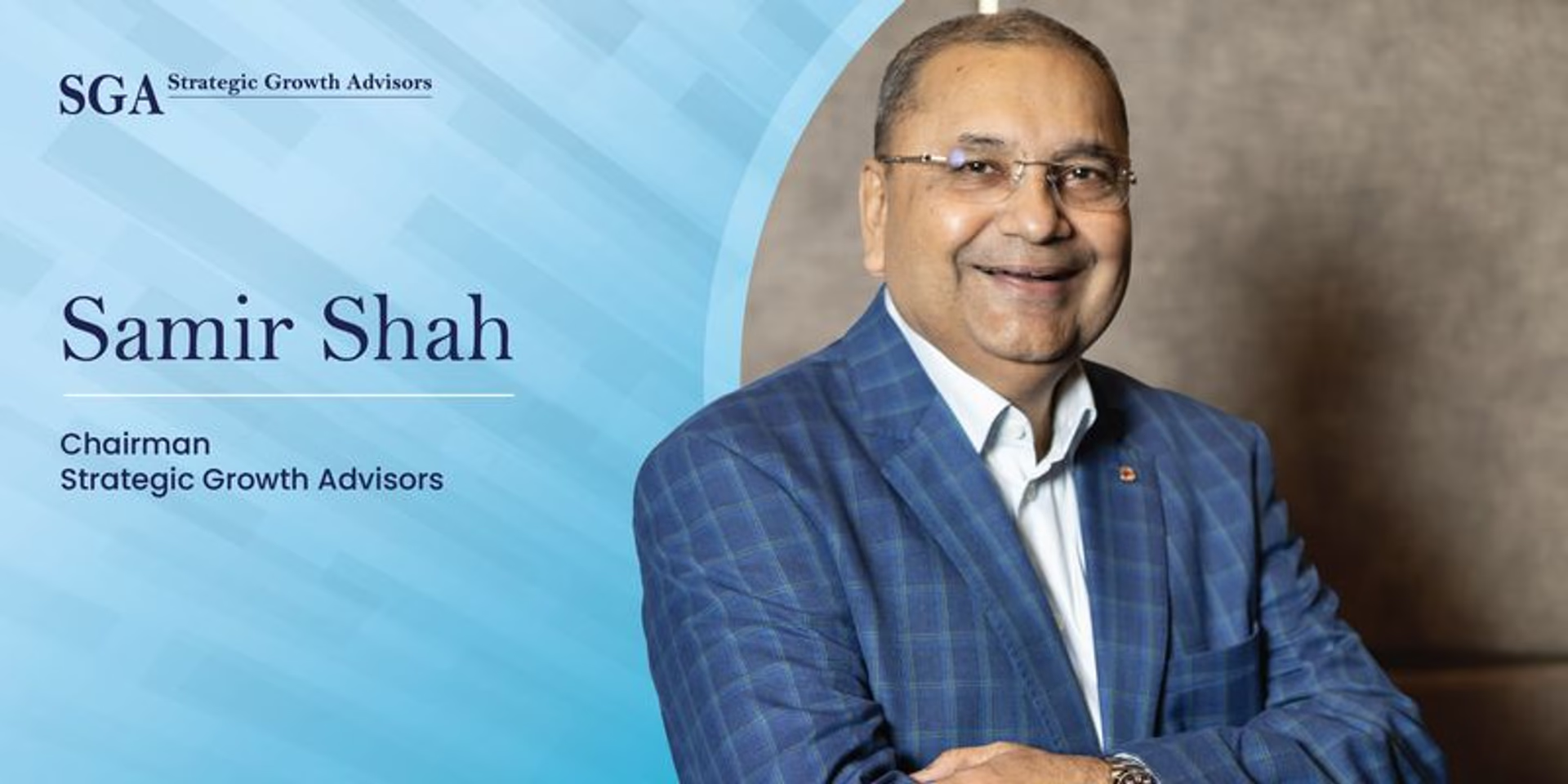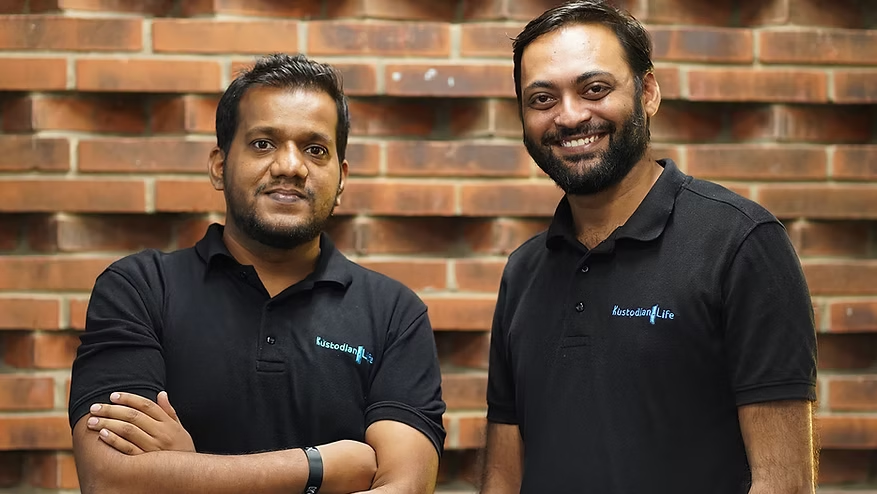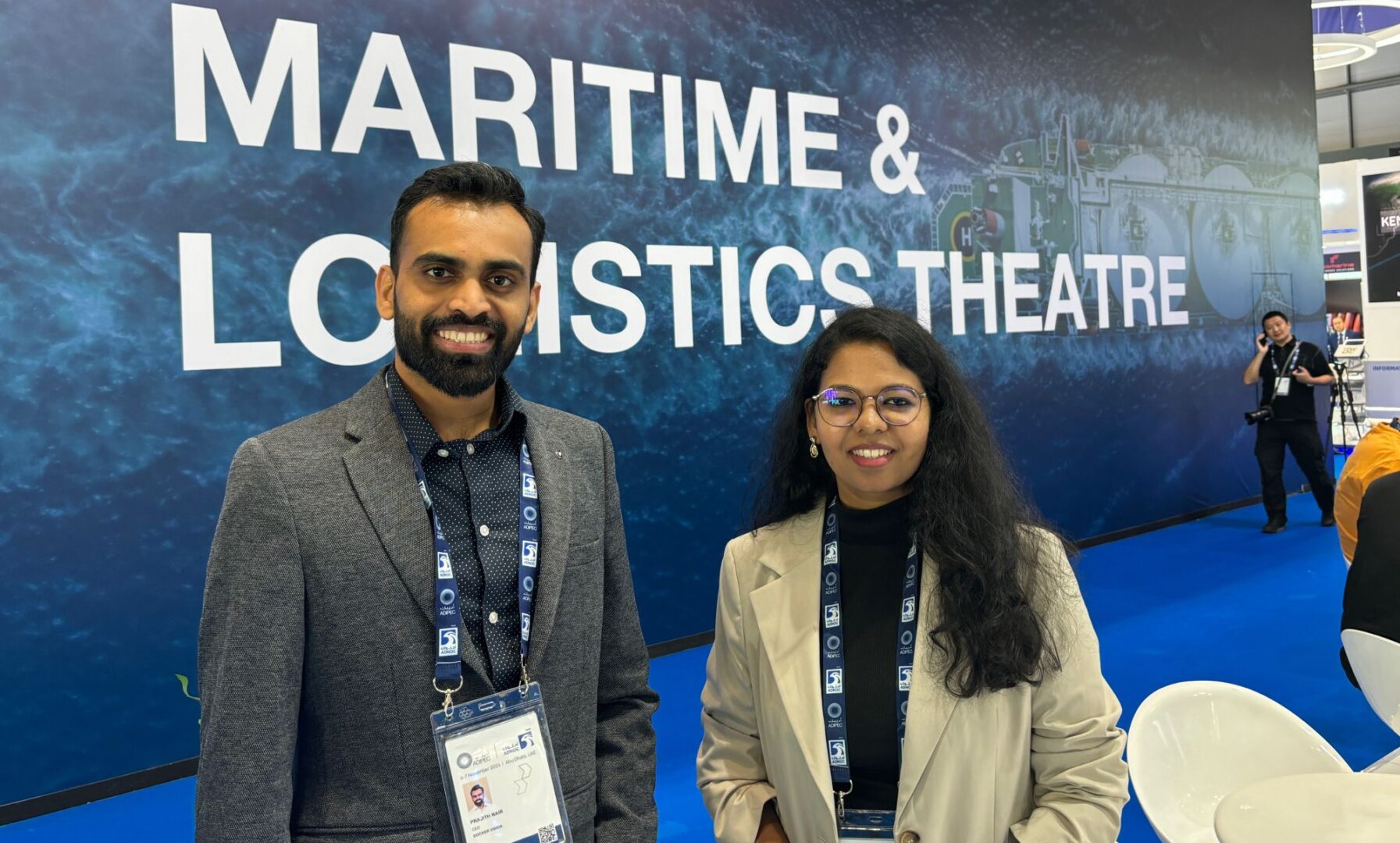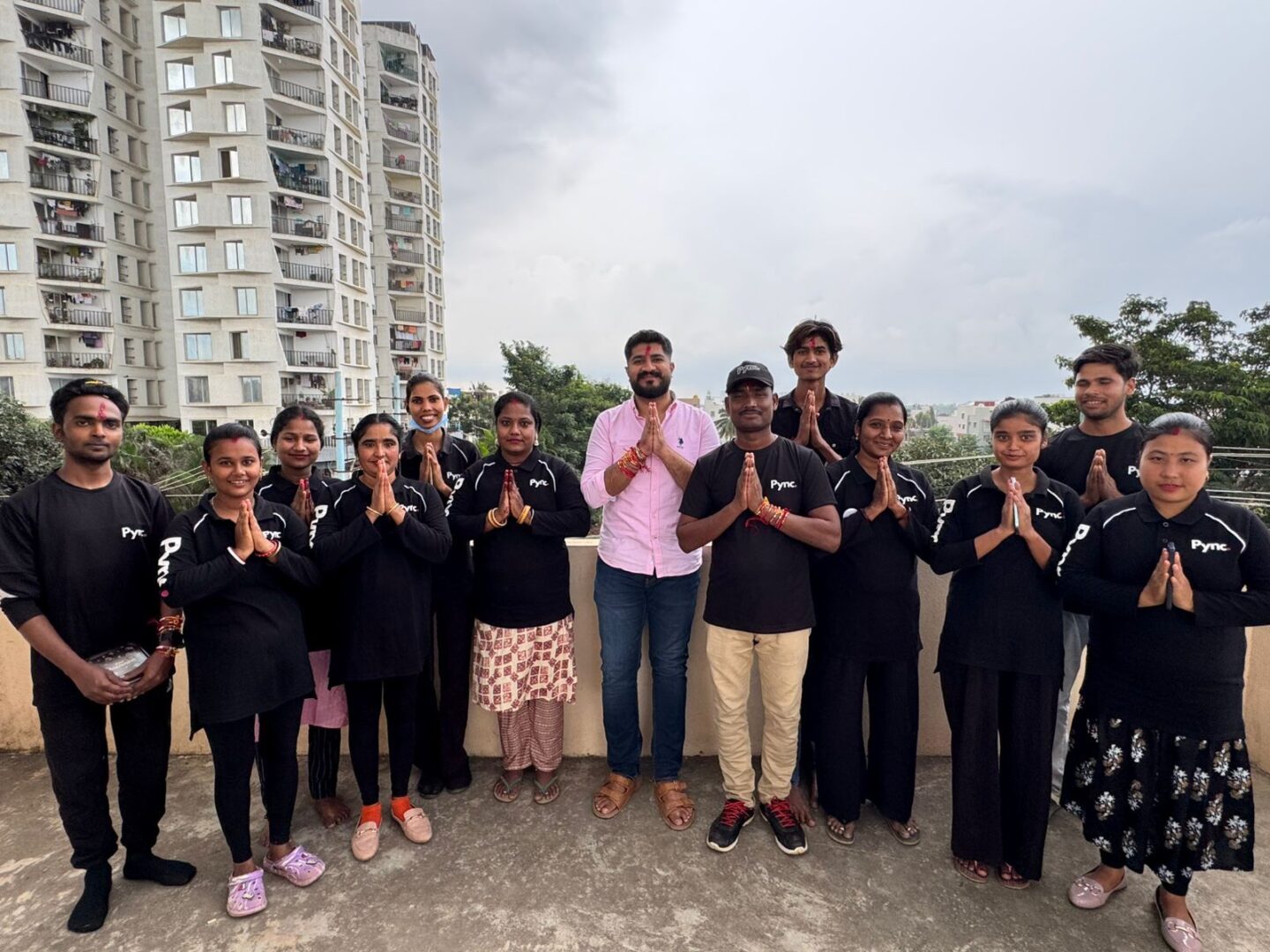In a sharply worded first-person post, Arjun V Paul, CEO at Zoko, has laid out what he describes as a two-year ordeal to close an inactive Indian company. painting a picture of relentless compliance, unexpected asks, and mounting costs despite zero business activity.
Paul’s account centres on a paradox many founders fear but rarely detail publicly: when operations stop, the paperwork does not. He writes that even with no revenue, the compliance conveyor belt keeps moving, month after month, year after year.
What Arjun V Paul says he was required to do despite no operations
- Empty GST filings to repeatedly assert zero revenue.
- Board meeting documentation for a company with “no operations.”
- Director KYC compliance to re-verify identity.
- Annual tax filings reflecting ₹0 in revenue.
- Additional filings handled by advisors, sometimes without proactive heads-up.
Paul adds that if a company has outstanding dues, “that’s the 9th circle of hell,” suggesting the process becomes even more punishing when liabilities are involved.
The “office display” demand 18 months in
The detail that most stunned him: approximately 18 months after initiating shutdown, one filing, he says, asked for a photo of the physical office with the company’s name and address on display, an ask that, in his telling, effectively pushes founders to keep paying rent and maintain signage for a defunct entity well into the closure process.
A Dante-inspired metaphor for compliance
Invoking Dante’s Inferno, Paul likens voluntary closure to Judecca, the deepest circle where “traitors to benefactors” are punished. “Like Judas is chewed eternally in Lucifer’s jaws, an Indian entrepreneur in liquidation is chewed eternally by forms, affidavits, audits, and hearings,” he writes, underscoring the emotional and temporal toll.
By the numbers (as per Paul)
- 24+ filings completed (and counting)
- ₹2 lakh+ spent on CA/legal fees
- 2+ years invested
- Status: company still not shut down
The broader point he wants founders to remember
Beyond the checklist and costs, Paul’s punchline is a caution. Governments frequently declare they have “made it easier to do business,” he notes; but for founders, the real litmus test is the exit. His advice: before buying into any “startup-friendly” promise, ask a single question, How easy is it to voluntarily shut down a company?
The answer, he suggests, tells you everything about how business-friendly the system truly is.
Also Read: Stop Celebrating H-1B Returnees, Build Jobs: Zippee Founder











